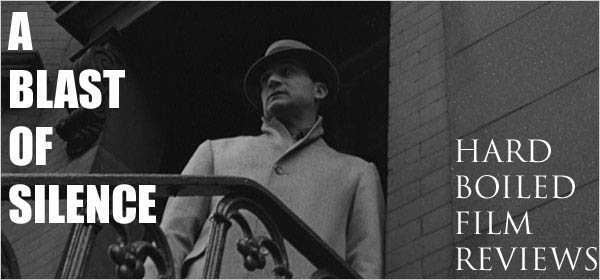
Just when I go into an Ingmar Bergman film thinking I may not love it as much as I've loved every single one that I've seen before it, I become once again enthralled with his brilliant work and left stunned with everything I see. I can't get over how he did it. He mostly made rather simple films about people yet manages to make them deeply engaging. Obviously the package of emotions Bergman always plays with has something to do with it, but there's much more to it than just that.
The difference between Cries and Whispers is the color. As a fan of Bergman I've been mostly a viewer of his haunting black and white portraits. In Cries and Whispers, Bergman is able to carry that same haunting feeling over from the dark blacks and whites to the color filled manor the three sisters and their maid spend most of the film in. According to Bergman himself, Cries and Whispers is a film about the exploration of the soul. Due to this, he uses an abundance of the color red in both the sets and as a transition. The reason? "Ever since childhood, I have imagined the soul to be a damp membrane in varying shades of red." Well there you have it. The soul is red.
Cries and Whispers is a dark, deep, and depressing tale of three sisters, a maid, and their relationships. The current time of the film takes place when one sister, Agnes (played BRILLIANTLY by Harriet Andersson) is dying due to some type of terminal illness. Right from the outset of the film this sets a grim tone for what is to come. The other two sisters, Karin (Ingrid Thulin) and Maria (Liv Ullmann), and the maid Anna (Kari Sylwan) is all she has left. All Agnes really seems to want in her dying moments is someone to help her and be there for her. The relationship between Agnes and the maid Anna is just one of the few turmoil creating pieces of this film. Anna is the character there to hold the drama and the film together. While not being a sister, she's a very important piece to it all. She's the one the viewer is feeling the most for at the end of it all.
Bergman also uses the always effective flashback to create another level of emotion between the two surviving sisters, Karin and Maria. We are subjected to deeply disturbing and tense moments they each shared with their husbands. The film explores their minds and their feelings. Their rocky relationship with each other explodes to the forefront after their sister's passing and is what carries the rest of the film. I've read comments from some that think this film might be rather dull, or the like, but I couldn't disagree more. There wasn't a minute of this film that didn't have me glued to the television. The relationships are enigmatic and just waiting to be looked at. I felt the film moved at a rather fast pace. It's only a 91 minute film, so it's rather packed full of feeling. The acting from the four leading ladies which I named earlier in this review is all award winning material in my opinion. Without such heart pounding performances this film wouldn't be as great as it was. Not all of the credit can be given solely to Bergman. Another award winning piece of this film is the stunning cinematography by Sven Nykvist. He picked up an Oscar for his work in this film and that, in my opinion, is justice served. Every ounce of emotion of expertly captured.
No one could do it like Ingmar Bergman could. He is the ultimate master of films about people, emotion, relationships, unstable minds, love, and any other element of drama you want to put on the table. In Cries and Whispers he takes the same haunting visual skills once of blacks and whites seen in dark films like Hour of the Wolf or Persona and translates them into this colorful piece of art that is both beautiful and deeply dark and disturbing. Cries and Whispers is about as unsettling as films will come. I'm a huge fan of horror and I can safely say that nothing really makes me as unsettled as an Ingmar Bergman film could. People go to the theaters to watch pieces of drivel like Saw and Hostel to get scared and made uneasy. Truth is, this film will make you unsettled as ever. The real horrors of the world are what we witness in this brilliant masterpiece. This is real life. This is honesty. This actually happens.
5 OUT OF 5 STARS


















